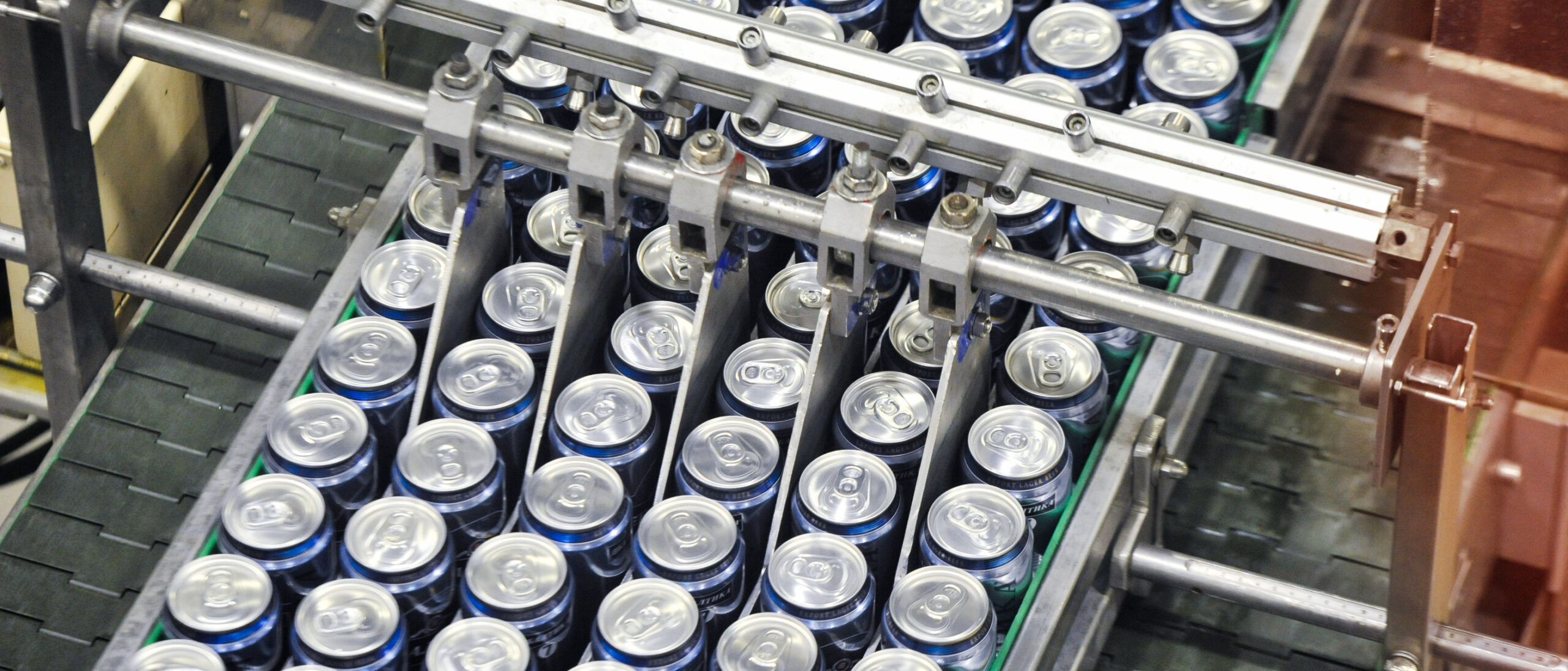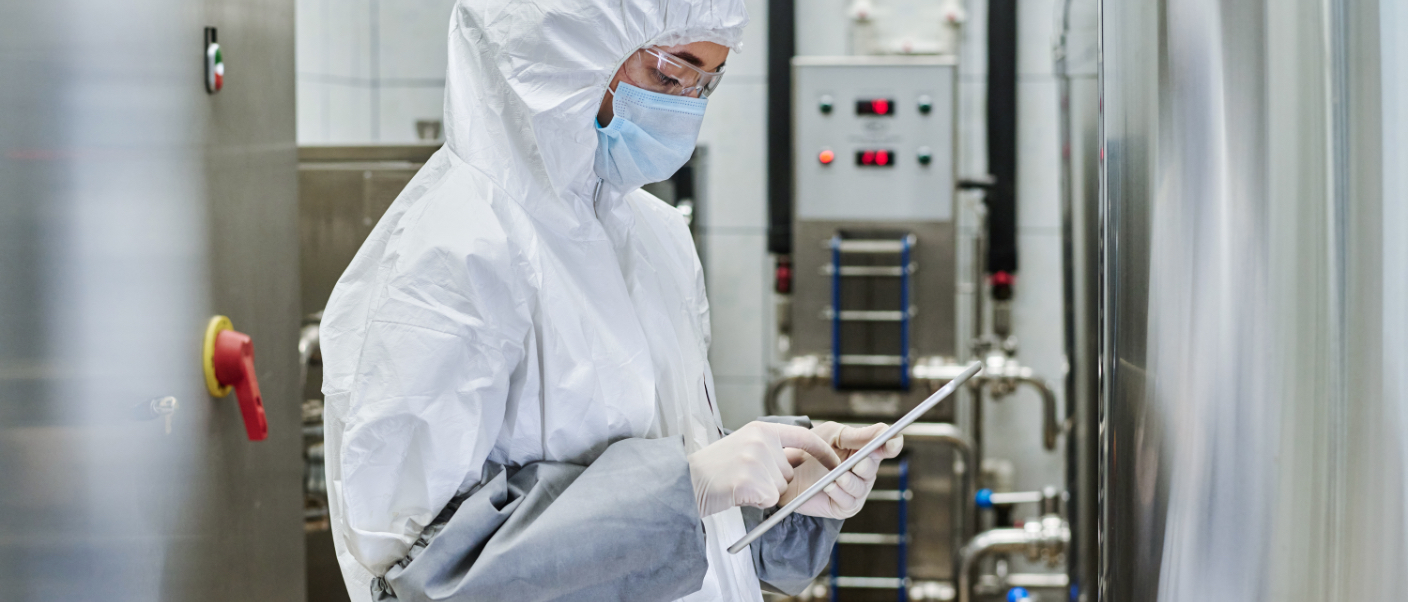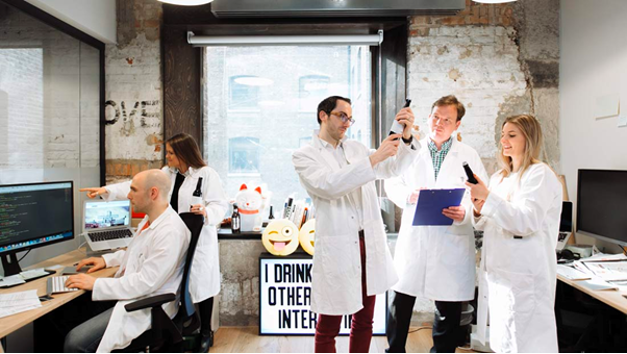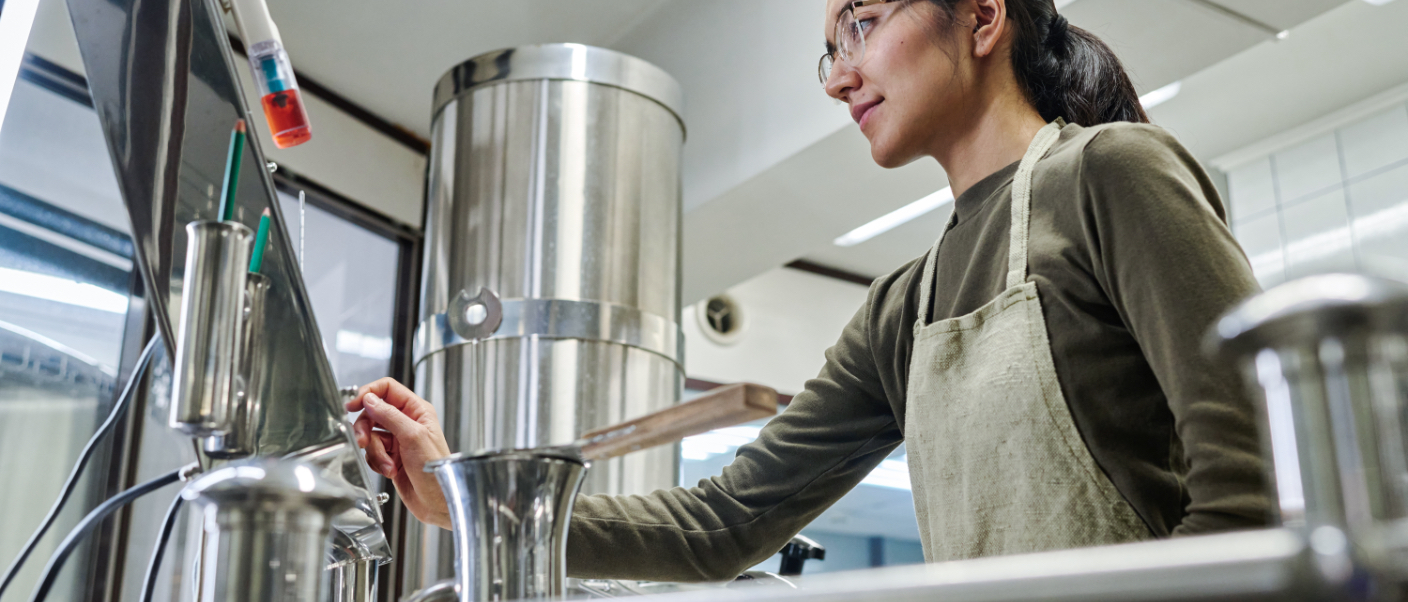If there’s one thing that characterizes the brewing sector, it’s the enormous capacity for staying on the cutting edge of production processes. Despite great commitment to keeping certain styles alive through traditional methods, at the same time the craft industry stands out for being one of the most technological and advanced sectors at the moment.
If we go into a brewery or hub, we’ll going to see that craft beer production is surprisingly advanced. The digital transformation is very real, and craft brewing processes are centralized, digitized, and on the cutting edge technologically.
So, most producers and breweries trust and rely on innovation and optimization of technological resources, because the ultimate objective is to achieve the best results in a market as diverse and competitive as the beer one.

Important motives, such as staffing adjustments and others of an external nature, such as climate change or consumer preferences for achieving unique beverages and products have led producers and manufacturers (both large and small) to make the most of the technological resources and advances within their reach with a single goal: to reduce management costs and develop and implement a strategic plan in each project.
In the craft industry, processes and operations are complicated to begin with. But, problems can arise on a day-to-day level on the logistical side which can be solved by technology through data collection. This can be true in the brewing process itself, during inventory, in quality control, and during distribution.

The transport and delivery phases have completely changed with IoT solutions, which provide a capacity for rapid and effective response.
Tech revolution in the craft beer industry
1. Big data in beer brewing
It has completely revolutionized the sector. Big data has made it possible to collect and store blocks of very valuable behavioural data about customers and consumers, in addition to facilitating real-time analysis and metrics.
2. Sustainability
Another important advance in craft beer brewing is directly related to sustainability.
Although it started out as a trend that had to be followed, it is now an integral part of the process, and more and more brands are adopting it. Promoting “green” and sustainable production is fundamental for optimising the production chain through more efficient and environmentally-friendly processes.
3. Technology in manufacturing, research and innovation processes
High-tech solutions have also been applied to recipes and brewing processes through research into new formulas and ingredients.
They’ve also reached microbiology departments and yeast cultivation processes aimed at future launches and products.

4. Artificial intelligence in the brewing process
AI is everywhere and has also been incorporated into production and manufacturing processes in the brewing industry.
The major brands have been using machine learning for some time to produce and personalize their products.
It makes it possible to estimate a beer’s quality, of everything from the liquid and foam to the colour, flavour, aromas and development, identifying possible errors to improve decision-making in the future.

IntelligentX is an emerging company in this field that is showing a very visual and illustrated side of what AI can do. Machine learning is capable of showing the specific tastes and preferences of consumers.
Through the Automated Brewing Intelligence algorithm project, it has been possible to make the first ABI beer brewed using AI. Four flavours have been launched based on this algorithm: Amber AI, Black AI, Golden AI and Pale AI.
5. AI in operations
Implementation of artificial intelligence has gone beyond processes. Brewers are relying on AI for operations that will optimize logistics processes and cut costs through advances and solutions that streamline decision-making.
Mahou San Miguel has been promoting this type of technology for some time as a reference in digitization of supply chains and the logistics sector, resulting in substantial improvements in its environment indicators.









